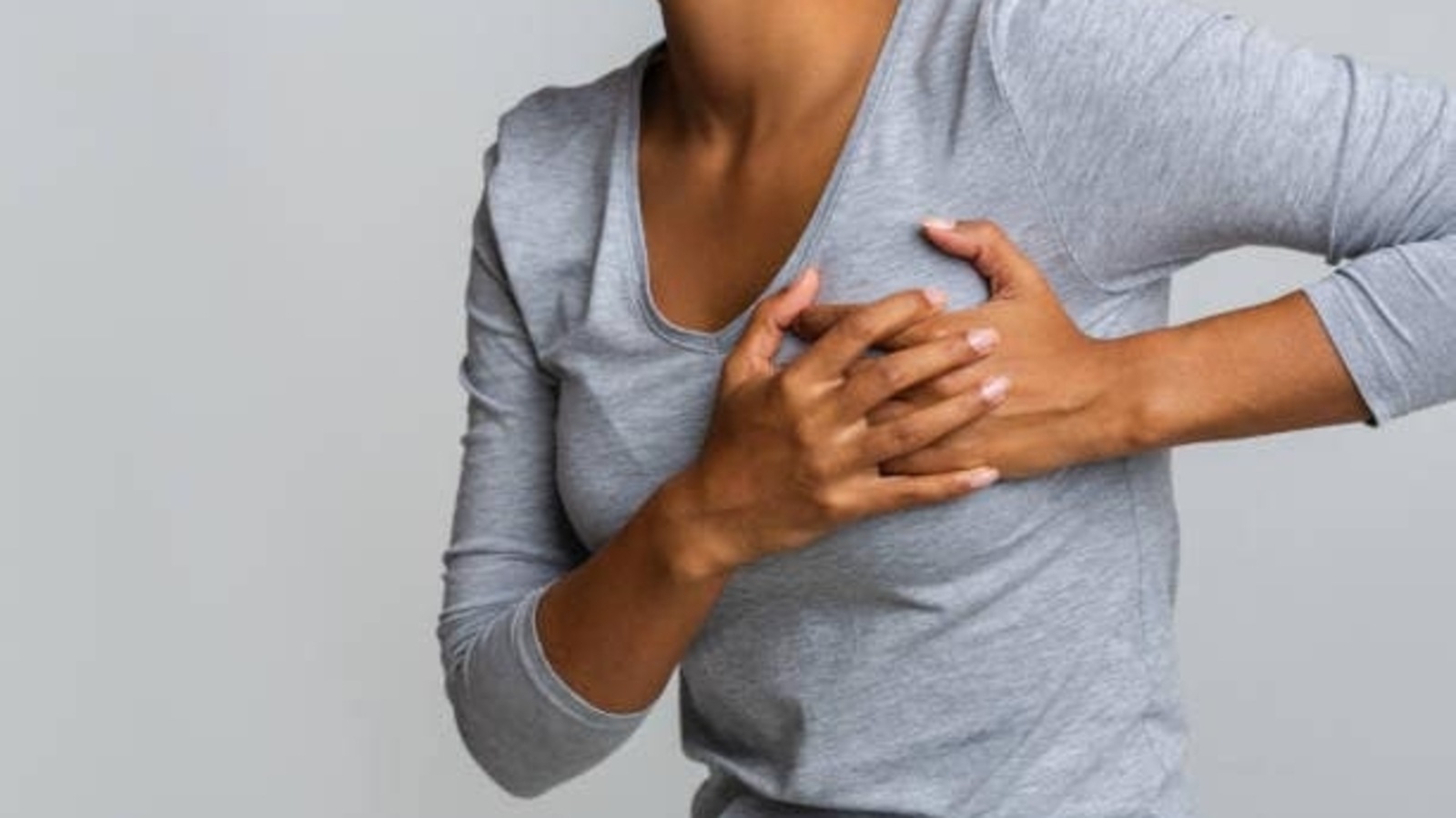
Women who’ve most cancers in a single breast could also be extra prone to develop most cancers within the reverse breast if they’ve particular genetic modifications that predispose them to develop breast most cancers, in response to a examine led by the Mayo Clinic Comprehensive Cancer Center. The examine’s findings, printed within the Journal of Clinical Oncology, will assist personalise approaches to breast most cancers screening and threat components, in response to the examine’s authors. (Also learn: Breast Cancer Awareness Month 2022: Early signs of breast most cancers and when to get examined to remain protected )
The examine used information from 15,104 prospectively adopted girls within the Cancer Risk Estimates Related to Susceptibility (CARRIERS) consortium. The researchers discovered that sufferers who carry a germline BRCA1, BRCA2 or CHEK2 mutation have at the very least a twofold elevated threat of growing most cancers in each breasts, often called contralateral breast most cancers.
In distinction, sufferers who carry germline ATM mutations didn’t have a considerably elevated threat of contralateral breast most cancers. Among PALB2 carriers, the danger of contralateral breast most cancers was considerably elevated solely amongst these with estrogen receptor-negative illness.
“These are the first population-based numbers out there for these three genes beyond BRCA1/2,” says Fergus Couch, PhD, breast most cancers researcher at Mayo Clinic Comprehensive Cancer Center, Zbigniew and Anna M. Scheller Professor of Medical Research and the principal investigator of the CARRIERS Study. “It is also one of the largest studies to provide estimates of contralateral breast cancer risk by age at diagnosis, menopausal status and race/ethnicity in germline mutation carriers.”
Most sufferers with breast most cancers who carry germline mutations assume they’re at excessive threat of growing most cancers within the reverse breast, says co-author Siddhartha Yadav, M.D., medical oncologist, Mayo Clinic Comprehensive Cancer Center. While that is true for BRCA1/2 mutation carriers with breast most cancers, the danger of contralateral breast most cancers in carriers of a germline mutation in ATM, CHEK2 or PALB2 had not been beforehand established. Even for BRCA1/2 carriers, a complete evaluation of contralateral breast most cancers threat primarily based on age, estrogen receptor standing, menopausal standing and the impact of remedy for preliminary breast most cancers had not been undertaken.
“The findings reveal important information that will aid in a personalized assessment of contralateral breast cancer risk in our patients who are germline mutation carriers,” Dr Yadav says. “Having this level of detail will help guide decisions between patients and their care teams on appropriate screening and steps to reduce the risk for contralateral breast cancer based on more precise and individualized risk estimates.”
Premenopausal girls who carry germline mutations typically have a better threat of contralateral breast most cancers in contrast with girls who’re post-menopausal at breast most cancers prognosis, researchers discovered. Among girls with germline mutations in breast most cancers predisposition genes, black girls and non-Hispanic white girls have equally elevated threat for contralateral breast most cancers, the examine discovered, suggesting that threat administration methods must be comparable.
“Many women will undergo a bilateral mastectomy to reduce the possibility of a second breast cancer,” Dr Couch says. “Now we have data to work from when making the decision to remove the second breast, pursue aggressive surveillance or take preventive medication.”
Follow extra tales on Facebook & Twitter
This story has been printed from a wire company feed with out modifications to the textual content. Only the headline has been modified.




